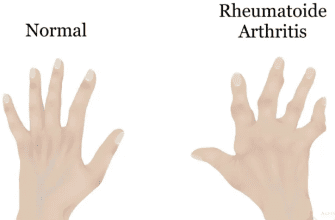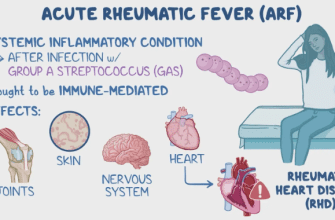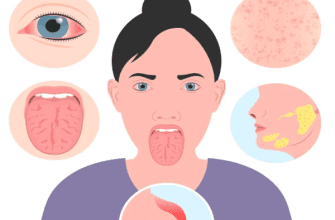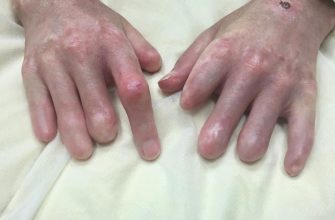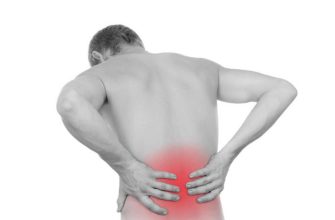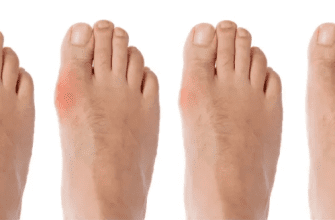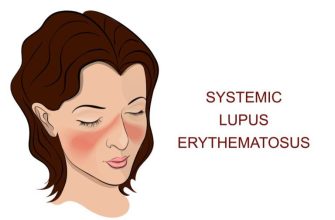- What Is Blepharitis?
- Types of Blepharitis (AAO & Mayo Clinic)
- Symptoms (AAO & NIH)
- Diagnosis (American Optometric Association [AOA])
- Treatment (AAO & UpToDate)
- 1. Daily Eyelid Hygiene (Most Important!)
- 2. Medical Treatments
- 3. Advanced Options
- Prevention (CDC & AAO)
- Red Flags: When to See a Doctor (Mayo Clinic)
What Is Blepharitis?
Blepharitis is a chronic inflammation of the eyelids, typically affecting the eyelash follicles or meibomian glands (oil-producing glands). It’s a common but often recurring condition that can cause discomfort and irritation.
Key Facts (American Academy of Ophthalmology [AAO]):
✔ Affects 37% of patients visiting eye doctors (NIH study)
✔ Not contagious, but can lead to dry eye, styes, or chalazia
✔ Often chronic (requires long-term management)
Types of Blepharitis (AAO & Mayo Clinic)
- Anterior Blepharitis – Affects the eyelash base
- Staphylococcal (bacterial)
- Seborrheic (dandruff-like flakes)
- Posterior Blepharitis (Meibomian Gland Dysfunction – MGD)
- Clogged oil glands leading to evaporative dry eye
- Mixed Blepharitis – Both anterior and posterior
Symptoms (AAO & NIH)
✔ Red, swollen eyelids
✔ Burning, itching, or gritty sensation
✔ Crusty debris at eyelash bases (worse in the morning)
✔ Flaky skin around eyes (like dandruff)
✔ Watery or dry eyes
✔ Light sensitivity
Not Usually Present: Severe pain or vision loss (may indicate a different condition).
Diagnosis (American Optometric Association [AOA])
- Slit-lamp exam – Checks for eyelid inflammation, gland blockage.
- Meibomian gland evaluation – Assesses oil secretion quality.
- Tear film assessment – Rules out dry eye syndrome.
Treatment (AAO & UpToDate)
1. Daily Eyelid Hygiene (Most Important!)
Warm compresses (5-10 mins, 2x/day)
Lid scrubs (baby shampoo or commercial wipes)
Gentle massage to express oil glands
2. Medical Treatments
- Artificial tears (for dry eye)
- Antibiotic ointment (erythromycin/bacitracin)
- Oral doxycycline (for severe MGD)
- Steroid drops (short-term for inflammation)
3. Advanced Options
- Lipiflow (thermal gland treatment)
- BlephEx (in-office lid cleaning)
Prevention (CDC & AAO)
✔ Daily lid hygiene (even when asymptomatic)
✔ Avoid eye rubbing
✔ Replace eye makeup every 3 months
✔ Treat dandruff/scalp conditions (if seborrheic blepharitis)
✔ Use omega-3 supplements (may improve oil gland function)
Red Flags: When to See a Doctor (Mayo Clinic)
Seek medical care if:
- Symptoms worsen despite home care
- Vision becomes blurry
- Severe pain or swelling develops
- Recurrent styes/chalazia occur

